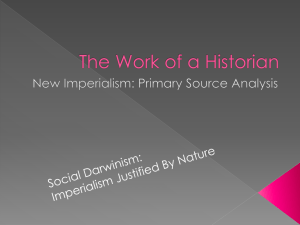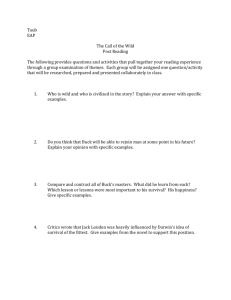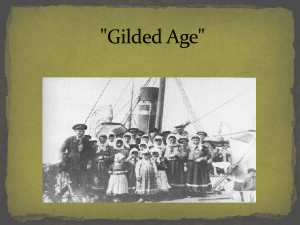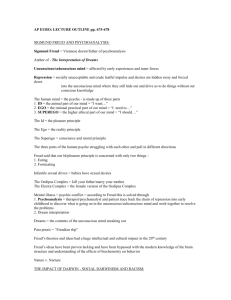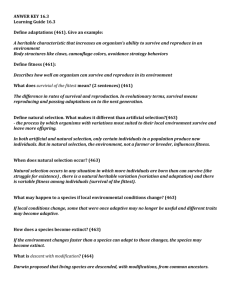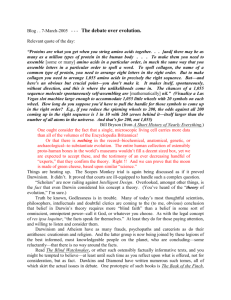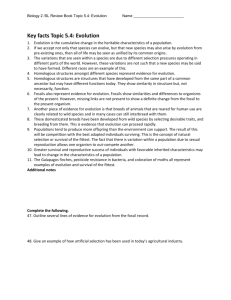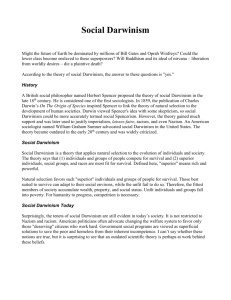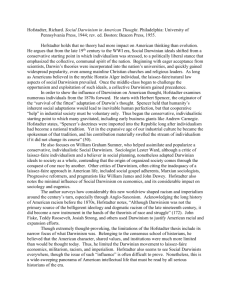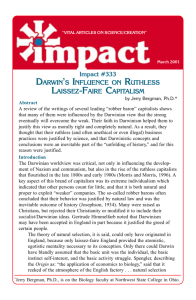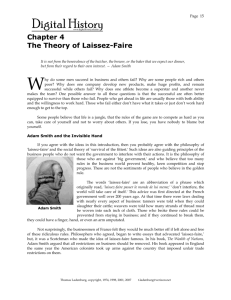Social Darwinism is a theory that competition among all individuals
advertisement
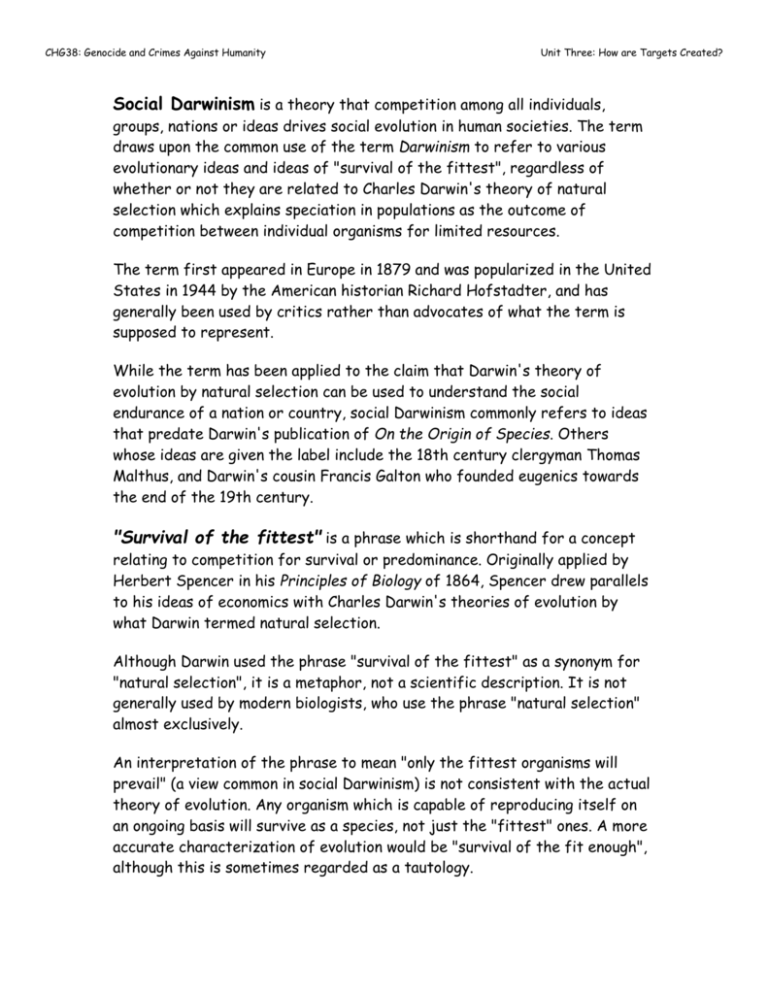
CHG38: Genocide and Crimes Against Humanity Unit Three: How are Targets Created? Social Darwinism is a theory that competition among all individuals, groups, nations or ideas drives social evolution in human societies. The term draws upon the common use of the term Darwinism to refer to various evolutionary ideas and ideas of "survival of the fittest", regardless of whether or not they are related to Charles Darwin's theory of natural selection which explains speciation in populations as the outcome of competition between individual organisms for limited resources. The term first appeared in Europe in 1879 and was popularized in the United States in 1944 by the American historian Richard Hofstadter, and has generally been used by critics rather than advocates of what the term is supposed to represent. While the term has been applied to the claim that Darwin's theory of evolution by natural selection can be used to understand the social endurance of a nation or country, social Darwinism commonly refers to ideas that predate Darwin's publication of On the Origin of Species. Others whose ideas are given the label include the 18th century clergyman Thomas Malthus, and Darwin's cousin Francis Galton who founded eugenics towards the end of the 19th century. "Survival of the fittest" is a phrase which is shorthand for a concept relating to competition for survival or predominance. Originally applied by Herbert Spencer in his Principles of Biology of 1864, Spencer drew parallels to his ideas of economics with Charles Darwin's theories of evolution by what Darwin termed natural selection. Although Darwin used the phrase "survival of the fittest" as a synonym for "natural selection", it is a metaphor, not a scientific description. It is not generally used by modern biologists, who use the phrase "natural selection" almost exclusively. An interpretation of the phrase to mean "only the fittest organisms will prevail" (a view common in social Darwinism) is not consistent with the actual theory of evolution. Any organism which is capable of reproducing itself on an ongoing basis will survive as a species, not just the "fittest" ones. A more accurate characterization of evolution would be "survival of the fit enough", although this is sometimes regarded as a tautology. Date: _______________________ CHG38: Genocide and Crimes Against Humanity Name: _______________________________ Unit Three: How are Targets Created? Social Darwinism Worksheet Read the article on ‘Social Darwinism (see reverse) and complete the following: 1. What is Social Darwinism? How does it relate to and how does it differ from Darwinism? /3 2. When did the concept appear in Europe? In the Untied Sates? /2 3. Why would someone wish to connect the concept of Darwinism / evolution to a country or state or class of people? Who would be advantaged by the application of this theory? /3 4. Where and when did the phrase ‘survival of the fittest’ come into prominence? /2 5. Why do you think that modern scientist avoid the phrase ‘survival of the fittest’ in favour of ‘natural selection’? /2 6. Why is the concept of Social Darwinism and ‘survival of the fittest’ an unfair comparison with evolution and ‘natural selection’? /3 Knowledge: /15

